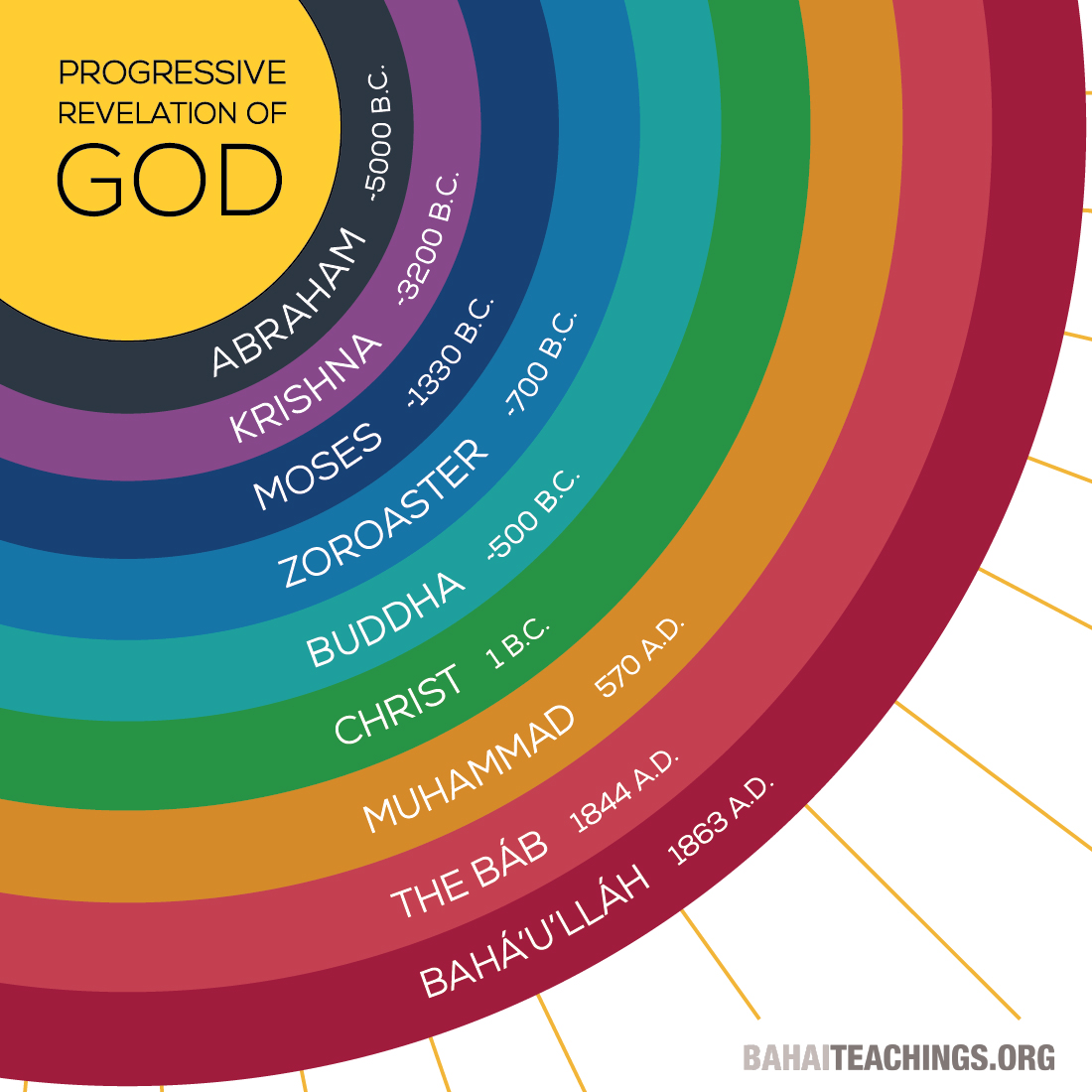The Báb, a central figure in the Baha’i Faith, holds an indispensable position in the spiritual tapestry of this burgeoning world religion. His teachings not only rejuvenated the religious landscape of 19th-century Persia but also laid the groundwork for the revelations of Bahá’u’lláh, the founder of the Baha’i Faith. This treatise endeavors to elucidate the indelible influence of the Báb on Baha’i teachings, exploring the quintessential aspects of his message, his role as a harbinger of a new divine era, and the enduring legacy of his revelations.
At the outset, it is essential to understand the context in which the Báb emerged. Born as Siyyid `Ali Muhammad Shirazi in 1819, the Báb introduced a profound spiritual and social awakening during a tumultuous period marked by religious disillusionment and oppression in Persia. His self-identification as the “Gateway” (Báb) to divine revelation constructed a framework through which humanity could understand the transition from the previous religious dispensations to a new covenant.
The Báb’s central teaching was the concept of progressive revelation. This idea posits that God, in His infinite wisdom, sends forth a series of Manifestations or Prophets throughout history to guide humanity. Each of these figures embodies divine attributes and delivers teachings suited to the evolving capacities of humankind. This philosophical underpinning not only revered prior prophets such as Moses, Jesus, and Muhammad but also asserted that the religious teachings of the Báb would pave the way for a more illuminative and universal approach to faith.
The Báb’s assertion that he was the forerunner to a greater Manifestation distinctly positioned him as a pivotal figure in the transition from the Islamic dispensation to a more universal spiritual experience. He revealed that a new prophet would arise, heralding an era in which all humanity would be united under the aegis of a single, all-encompassing Faith. This potent message of unity resonates profoundly with the core tenets of Baha’i teachings, emphasizing the interconnectedness of all peoples and religions.
One of the most profound legacies of the Báb is his concept of the “Manifestation of God.” He explicated that these figures, while unique in their characteristics and societal roles, share a singular purpose – to uplift the moral and spiritual fabric of society. The Báb meticulously articulated the attributes of a Manifestation, describing qualities such as infallibility, divine wisdom, and unerring guidance. Consequently, this delineation paved the way for a nuanced understanding of Bahá’u’lláh’s role as one of the most significant embodiments of this divine principle.
Moreover, the Báb’s teachings entailed a radical call for social justice and reform. He vehemently critiqued the corruption of the religious establishment and underscored the necessity of an ethical and moral renaissance. His writings reflect a deep concern for the plight of the marginalized and oppressed, urging the faithful to elevate the downtrodden and work diligently towards the establishment of justice and equity. This advocacy for social change finds a strong echo in the Baha’i Faith, which emphasizes the eradication of prejudice, gender equality, and global harmony.
The literary style of the Báb further enriched his teachings, merging poetic beauty with profound philosophical discourse. His key work, the *Bayán*, exhibits intricate interplays of language that engage both the intellect and the spirit, prompting readers to reflect upon their own spiritual journeys. The Báb utilized metaphorical language, celestial imagery, and parables that invite interpretations on multiple levels, thus enabling his teachings to resonate with a diverse audience across different cultural and intellectual horizons.
Furthermore, the Báb’s profound emphasis on personal spiritual transformation remains a cornerstone of Baha’i beliefs. He encouraged adherents to cultivate a direct relationship with God and engage in proactive spiritual practices, such as prayer, meditation, and self-reflection. These principles of individual spiritual development are mirrored in the Baha’i community’s structure, which encourages collective worship, consultation, and communal activities aimed at spiritual and moral elevation.
Despite the significant contributions of the Báb, his life was marked by extraordinary trials, culminating in his execution in 1850. The severity of the persecution he faced at the hands of authorities solidified his status as a martyr in the eyes of Baha’is, symbolizing the resilience of faith amidst oppression. His martyrdom became a catalyst for the community that coalesced around his teachings, instilling a fervent commitment to the values he espoused.
The rippling effects of the Báb’s teachings can be discerned in the Baha’i emphasis on unity and global citizenship. The Baha’i Faith advocates for the unification of all humanity as an extension of the Báb’s vision. By encouraging the dissolution of national, racial, and religious barriers, the Baha’i community seeks to actualize the ideal of a global society characterized by cooperation, mutual respect, and shared moral responsibility.
In conclusion, the teachings of the Báb serve as both a foundation and a guiding beacon for the Baha’i Faith. His revolutionary doctrines not only informed the essence of Bahá’u’lláh’s mission but also continue to resonate in the hearts and minds of Baha’is today. The Báb’s exploration of progressive revelation, social justice, and personal transformation is more than a historical account; it is an enduring call to recognize the divine potential within each individual and to strive for a collective existence grounded in unity, justice, and spiritual growth. The profound impact of his life and teachings prompts continual reflection on humanity’s spiritual evolution, underscoring an unwavering dedication to the principles that uplift and unite.
